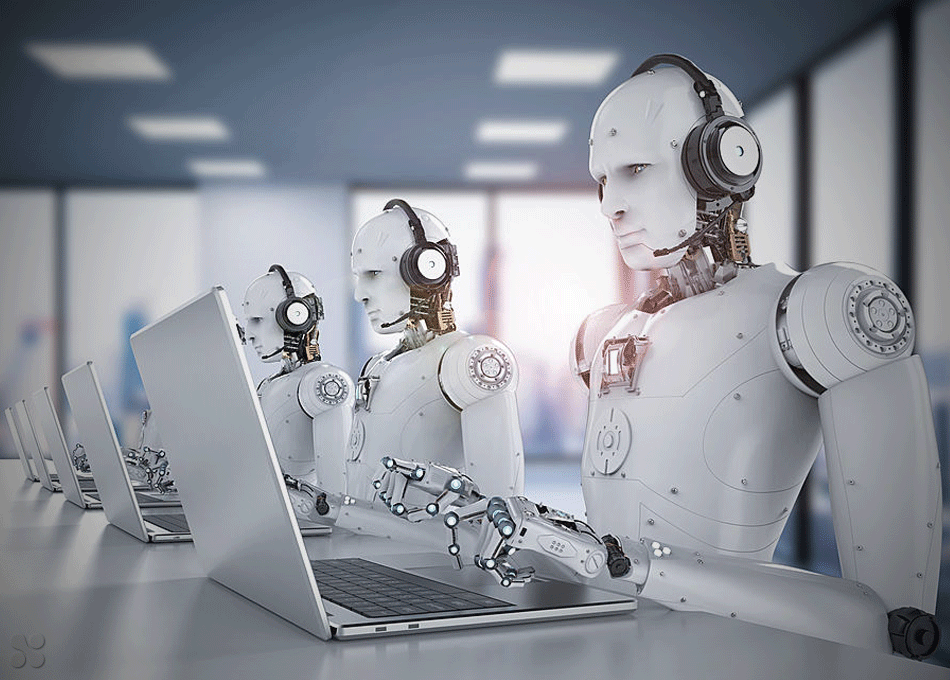In today’s digitally driven world, Artificial Intelligence has become a necessary part of our lives, from individualized recommendations to smart assistants. However, as we embrace the promises of AI, we must also confront the growing concerns surrounding its impact as one of our most cherished assets. In this blog, we will navigate the complex landscape of privacy implications in AI. We will explore how AI systems operate, the types of data they handle, and the potential risks they pose to our privacy.
AI’s Reach into Privacy
AI reaches into privacy by processing vast amounts of personal data to make predictions, recommendations, and decisions, often in ways that can raise concerns. Whether it’s analyzing user behavior for targeted advertising, monitoring individuals through facial recognition systems, or accessing sensitive medical records for diagnostics, AI’s pervasive role in our digital lives has the potential to compromise personal privacy.
AI technology has been evolving rapidly in the past decade. Its transformative power has penetrated every sector, from healthcare to finance, and from entertainment to security. However, whereas we enjoy the convenience and efficiency it brings, it’s essential to consider its impact on privacy and security.
AI algorithms rely on the quality of data used for training AI models, and this dependence raises concerns about potential biases and inherit risks in their utilization. The lack of transparency in AI algorithms, can create challenges in terms of accountability and liability. When AI systems make decisions without clear explanations or justifications, it becomes difficult to determine who should be held responsible for any errors or adverse consequences that may arise.
Privacy As a Fundamental Right
As the AI privacy landscape evolves, a reimagined perspective on data protection emerges. Robust legislation and international frameworks like GDPR and CCPA aim to fortify privacy rights in the digital age. In this complex landscape, individuals are not mere bystanders. Understanding AI’s implications ad proactively managing privacy settings can empower users to regain some control over their personal data.
Protect Privacy in AI
- Differential Privacy: Add noise to data to prevent re-identification of individuals in datasets. It ensures that statistical insights can be drawn from data without compromising the privacy of individual data points.
- Data Minimization: Collect and store only the data necessary for the AI task, reducing the potential for privacy breaches. This reduces the risk associated with holding excessive or unnecessary data, as you can’t breach what you don’t have.
- Secure Data Storage: Encrypt and securely store sensitive data to prevent unauthorized access. Access controls restrict who can access the data, ensuring that only authorized personnel can view or modify it.
- Compliance with Regulations: Follow data protection laws like GDPR, CCPA, or HIPAA, depending on the context.
- GDPR: GDPR (General Data Protection Regulation) is a comprehensive data protection regulation designed to enhance the protection of individual personal data and unify data privacy regulations across European Union member states.
- CCPA: CCPA (California Consumer Privacy Act) is a privacy law that applies to businesses that meet certain criteria and collect personal information from California residents. It provides consumers with the right to know what personal information is collected, sold, or disclosed about them and the right to request the deletion of their data.
- HIPAA: HIPAA (Health Insurance Probability and Accountability Act) applies to healthcare providers, health plans, and healthcare clearing houses, as well as their business associates.
- User Controls: Provide users with options to control their data, such as opting out or deleting their information. Users should have the ability to opt in or opt out of data collection, understand how their data will be used, and easily request deletion or corrections.
AI can pose a major threat to our security and privacy. Protect our privacy in the era of AI by:
- Don’t share sensitive data with AI Chatbots.
- Be cautious of what you share online.
- Be more intentional about your online activities.
- Stay as anonymous as possible.
- Use stronger passwords.
- Read privacy policies more often.
Conclusion
In today’s world, where AI seamlessly enhances our lives, we’re also growing concern: our privacy. AI’s incredible abilities rely on collecting and processing our data, often raising questions about who controls the information and how it’s used. Thankfully, regulations like GDPR and CCPA are stepping in to protect our privacy rights in this digital era. In the end, the future lies in a delicate balance. AI can indeed transform our lives, but respecting our privacy is equally important. It’s up to all of us – technology creators, policymakers, and individuals to work together to ensure that AI’s marvels enrich our lives without compromising our privacy.











